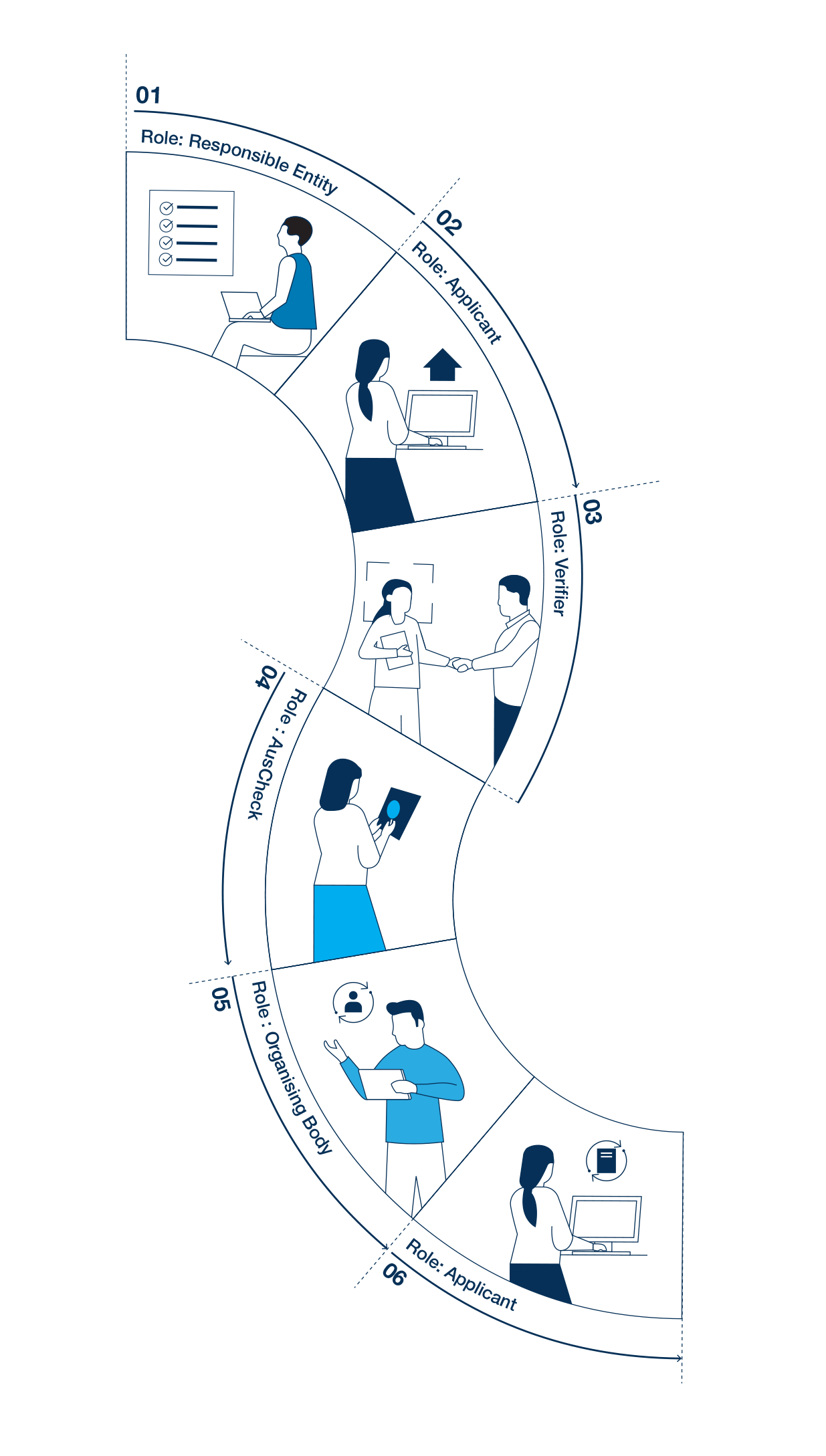About the Critical Infrastructure Risk Management Program (CIRMP)
Organisations with critical infrastructure are called responsible entities.
Since 2023, the following rules issued under the Security of Critical Infrastructure Act 2018 require that responsible entities for certain asset classes have a Critical Infrastructure Risk Management Program (CIRMP).
- Security of Critical Infrastructure (Critical infrastructure risk management program) Rules (LIN 23/006) 2023(Opens in a new tab/window)
- Security of Critical Infrastructure (Telecommunications Security and Risk Management Program) Rules 2025(Opens in a new tab/window).
Your CIRMP must document controls for a range of hazards. For more information, visit the Critical Infrastructure Security Centre website(Opens in a new tab/window).
Critical worker risk management
Your CIRMP must identify the roles that are filled by your critical workers. These are the people who are essential to the proper functioning of your asset. Critical workers could be:
- employees
- contractors
- agents
- anyone else who has:
- unescorted access to the critical components of the asset
- control of the critical components of the asset
- management responsibilities of the critical components of the asset.
Your CIRMP must detail how you will minimise or eliminate material risks from critical workers. For certain asset classes, you can choose to use AusCheck background checks as a control to manage personnel risk. If you do, your CIRMP must specify you will use AusCheck background checks. This authorises AusCheck to do applicant background checks.
If AusCheck is not used for background checking, your CIRMP still needs to document what controls you will use to manage personnel risk.
Critical infrastructure asset classes
The legislation only allows AusCheck to conduct background checks on critical workers for these critical infrastructure asset classes:
- broadcasting
- domain name systems
- data storage or processing
- electricity
- energy market operator
- gas
- liquid fuels
- payment systems
- food and grocery
- designated critical hospitals
- designated critical freight infrastructure
- critical freight services
- critical telecommunications assets
- water.
If you choose to use AusCheck background checks
There is some extra information to include in a CIRMP that uses AusCheck background checks for critical workers.
Include how your responsible entity will:
- manage a critical worker with an Adverse Security Assessment (ASA) or Qualified Security Assessment (QSA) as a result of the national security assessment by the Australian Security Intelligence Organisation (ASIO)
- process suitability assessments for the critical worker
- manage critical workers with an unfavourable criminal history
- determine whether you will request more details about an unfavourable criminal history
- manage circumstances when a person no longer requires a background check.
The CIRMP also needs to list who will engage with AusCheck.
Determine whether AusCheck is right for your CIRMP
Responsible entities decide whether AusCheck background checks are right for their CIRMP.
Watch the following videos for information. You can also find out more about our background checks.
Video about AusCheck’s background checks
Watch this video for an introduction to our background checks.
Video about applying for an AusCheck background check
Watch this video for information about how critical workers apply for a background check.
Onboard your responsible entity with AusCheck
Before a responsible entity can start using AusCheck background checking services, they must onboard with AusCheck. This process sets up their business and systems. It can take up to 6 months to onboard with AusCheck. The following steps outline the process.
Application process for a background check
The following steps outline the background check application process. Learn more about roles for CIRMP.
Critical infrastructure background checking process overview and responsibilities
The graphic below shows the critical infrastructure background checking process and responsibilities.

Billing
AusCheck invoices responsible entities on the 1st of each month for the background check applications submitted. Learn about our fees for background checks.



